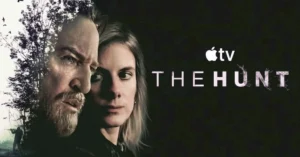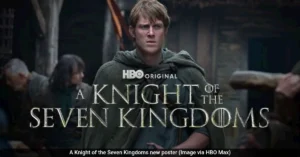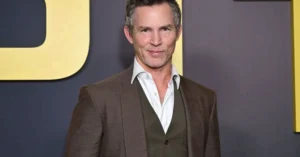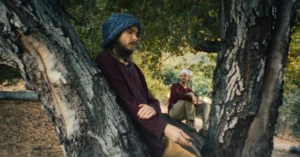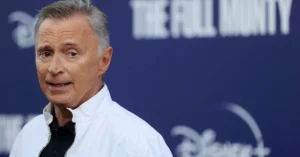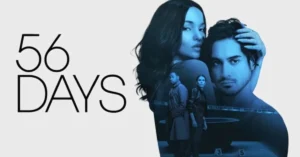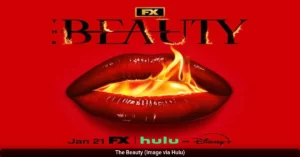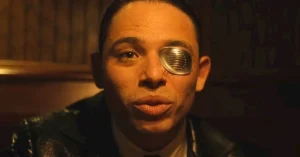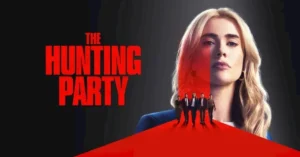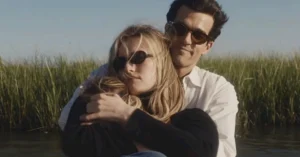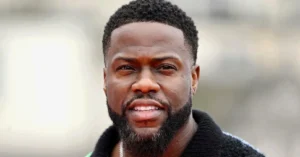Ryan Reynolds has moved to dismiss legal claims brought by Justin Baldoni. The actor argues that Baldoni’s lawsuit is based solely on hurt feelings. Reynolds’ legal team claims his portrayal of a character inspired by Baldoni in the film Deadpool & Wolverine is a protected opinion under free speech rights. The motion highlights that expressing a negative view of someone does not automatically become defamation in court.
Court Motion Filed
Ryan Reynolds’ lawyers filed a motion to dismiss the lawsuit. The court documents do not deny that the character “Nicepool” was inspired by Justin Baldoni. Instead, the legal team emphasized that Baldoni’s complaint arises from personal grievances. The motion points out that a person’s hurt feelings cannot be the basis for a legal claim when the statement in question is an opinion. The court document clearly states that expressing personal disapproval, even in strong language, is protected under the Constitution.
Claims and Response
Justin Baldoni had accused Reynolds of mocking him through the character “Nicepool.” Baldoni claims that this portrayal was meant to satirize his so-called “woke feminist” image. The lawsuit alleges that Reynolds engaged in bullying and fat shaming by using the character in a way that criticized Baldoni’s past comments and personal conduct. In response, Reynolds’ legal team argued that his statements were merely his opinion. They stated that calling someone a “predator” or using strong language to describe behavior falls under free speech. The motion argues that if Reynolds genuinely holds these opinions, the law protects his right to express them. This legal stance hinges on the idea that personal opinions, no matter how harsh, are not punishable by law.
Background of Dispute
The legal battle is set against a backdrop of prior controversies. Justin Baldoni, known for directing the film It Ends With Us, has been involved in disputes regarding his public image. Reports indicate that actress Blake Lively, who co-starred with Baldoni in the film, accused him of inappropriate conduct on set. These claims led to a countersuit by Baldoni, accusing Reynolds and others of defamation. Baldoni alleges that Reynolds not only criticized him in public but also contributed to efforts that harmed his career. The dispute over the portrayal in Deadpool & Wolverine is only one part of a larger series of legal confrontations involving public statements and personal allegations.
Legal Arguments Presented
Reynolds’ motion to dismiss rests on a clear legal argument. The document states that the statements made in the film do not constitute defamation because they are opinions rather than assertions of fact. Legal experts note that the First Amendment of the United States Constitution protects opinions, even if they are expressed in strong language. The motion explains that the law does not give individuals the right to sue merely because they feel offended by someone’s opinions. It further argues that the claims against Reynolds are based on a series of personal grievances, which do not amount to legally actionable harm.
The motion also criticizes the nature of the lawsuit. It describes the complaint as a collection of personal complaints and emotional reactions rather than a clear case of defamation or slander. The legal document underscores that the law requires a provably false statement of fact for a defamation claim to be successful. Since Reynolds’ statements are opinions, his legal team argues that they do not meet the necessary legal standard to sustain a lawsuit.
Free Speech Rights Emphasized
A key aspect of the case is the emphasis on free speech. Reynolds’ legal team insists that his remarks, even if they are hurtful to Baldoni, are part of his right to express his opinion. The motion states that a person’s deeply held negative opinions about another individual are constitutionally protected. This defense is central to Reynolds’ argument. The motion also points out that Baldoni has, on previous occasions, spoken publicly about his own controversial actions. The argument is that it would be unfair to allow Baldoni to build a legal case on claims that essentially arise from his sensitivity to criticism.
Impact on Public Figures
This legal dispute raises broader questions about the rights of public figures to express their views. The case underscores the challenges in balancing freedom of speech with accountability. Public figures often face intense scrutiny and harsh criticism. Courts must decide whether statements made in the public arena should be protected as opinions or if they cross the line into defamation. The outcome of this case may have significant implications for how similar cases are handled in the future. It could set a legal precedent regarding the limits of suing for emotional distress when the statements in question are based on personal opinions.
Response and Future Proceedings
The legal process in this case is still unfolding. Both parties have filed motions and countersuits, and the next steps will involve detailed examinations of the evidence. Court hearings are expected to focus on whether Reynolds’ remarks fall within the ambit of free speech protection or if they constitute actionable defamation. Observers note that this case is being closely watched by legal experts and entertainment industry professionals alike. The outcome could impact not only the careers of those involved but also influence how public figures approach controversial statements in the future.
The ongoing legal battle highlights the complexities of modern defamation cases, especially in an era when public opinion and media narratives play significant roles. The case is a reminder of the importance of free speech rights and the legal challenges that arise when those rights intersect with personal reputations.
For more updates on this legal dispute, tune in to Vviptimes.
SOURCE: Variety





